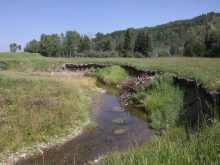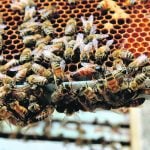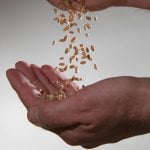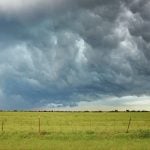CALGARY – Alberta seed potato growers posted a record production year as the industry shifted away from processing and table potatoes.
Processing potatoes continue to make up the largest share of Alberta’s production with 13,210 acres seeded to processing varieties. However, seed potatoes increased from 5,800 seeded acres in 1993 to 7,400 acres in 1994, said Ed Van Dellen, fieldman for the Potato Growers of Alberta.
Estimated production in 1994 as of Oct. 31 was 173,000 tonnes of processing potatoes, mostly Russet Burbanks. However, Shepodies, Norchip and private varieties grown by contract were also popular, said Van Dellen.
Read Also
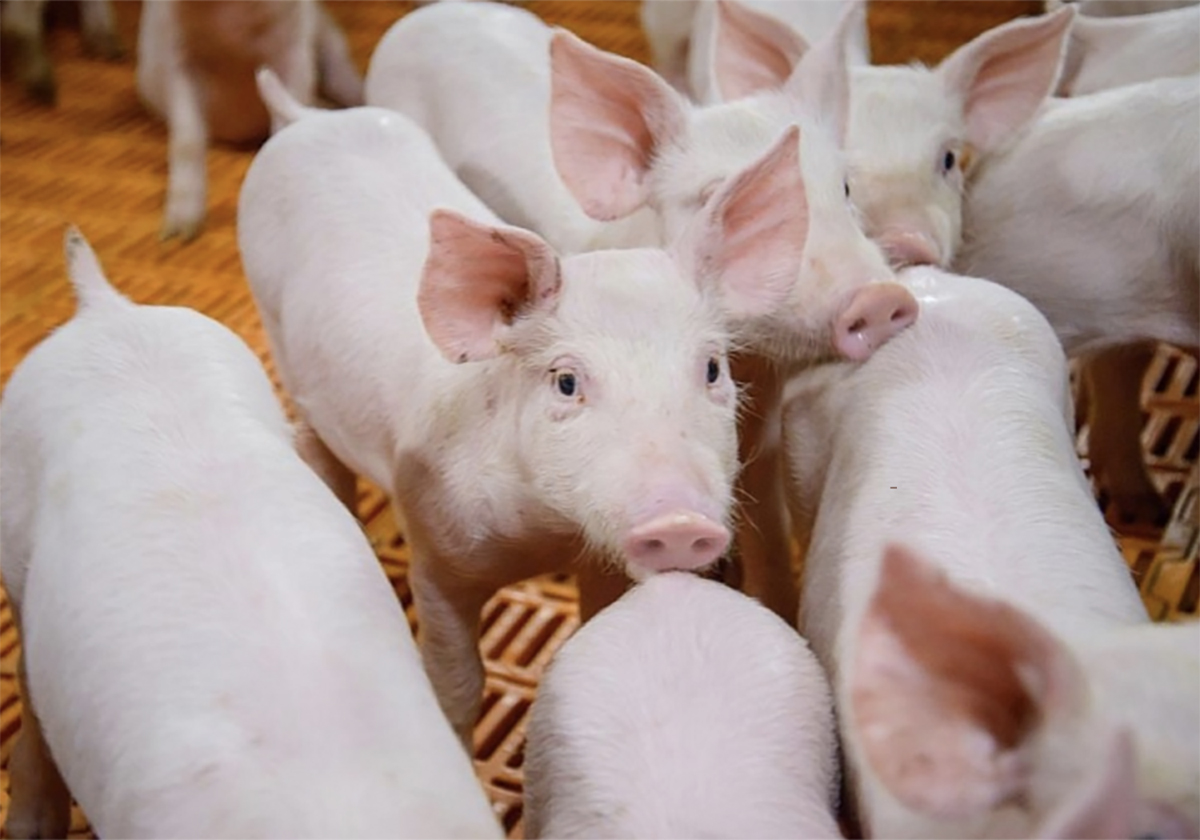
The Western Producer Livestock Report – August 28, 2025
Western Producer Livestock Report for August 28, 2025. See U.S. & Canadian hog prices, Canadian bison & lamb market data and sales insights.
Table potatoes
On the seed potato side, 81,000 tonnes were grown and 59,000 tonnes of table potatoes were harvested.
As well, fewer red potatoes are being grown for the Alberta fresh market. The Norkotah white is the favorite table potato, edging out Russet Burbank.
Average yields for southern Alberta were 14.9 tonnes per acre. Van Dellen said some growers reported yields as high as 20 tonnes per acre. In the north, yields for most varieties averaged around 11.7 tonnes per acre.
Potato varieties
In Saskatchewan, 19,000 tonnes of red table potatoes and 7,200 tonnes of whites are in storage. Yields averaged about 11.6 tonnes for red varieties. Whites did better at 13.4 tonnes per acre.
Dark red Norlands, Pontiacs and Bintje are among the most popular varieties grown.
Saskatchewan planted 4,800 acres this year and harvested 41,900 tonnes, according to Statistics Canada.
Figures for Manitoba weren’t available. Van Dellen said the Keystone Vegetable Producers reported yields were the highest ever because of a hot summer, good moisture and a long harvest season.








